Paradise lost?
Adam Dalgleish is asked to re-visit a haunt of his childhood, a college for ordinands to the Church of England, which also appears to double as an occasional religious retreat. The college which caters to the Higher Church end of the spectrum (what someone once described to me as the "spiky end of the candle"), is becoming increasingly marginalised and out-of-step with the changing face of the C-of-E, and is in danger of closure. This all reads rather like a twenty-first century version of Barchester Towers, indeed there are references to that work throughout Death in Holy Orders, but it is a much darker Barchester than Trollope's gentle tales.
Dalgleish has been asked to investigate the death of one of the ordinands by his businessman father, who is concerned that the verdict of accidental death might be masking something rather more sinister. At first nothing much seems to have changed at the college since Dalgleish's youth, but it soon becomes evident that this is no Barchester, and events are about to take a sinister turn.
As always James is brilliant at describing the East Anglian background that graces so many of her novels. The crime/s themselves are well laid out, and the psychological atmosphere is as ever masterfully written. That the novel doesn't entirely succeed probably owes a fair bit to James' own allegiance to Anglicanism. For example, and to my mind weirdly, in spite of being an Anglican myself, at no point are any of the clergymen involved even suspected of committing the crime, and yet there are ample reasons both why they would have liked to commit the central murder, and how they could have done it. Ultimately for me this was a major stumbling block when reading the novel - it felt so contrived and untrue. The murderer him/herself once revealed feels more like the novelist's scapegoat than a likely suspect.
However, I did enjoy this. It's not James at her very best, but it's certainly worth a read.


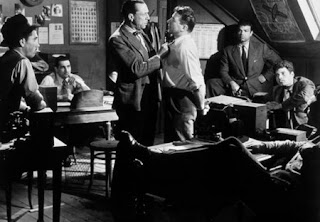

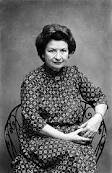
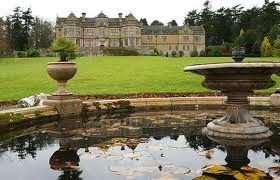
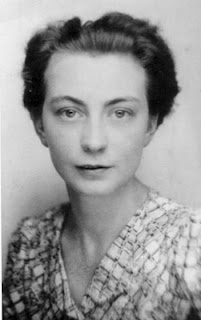
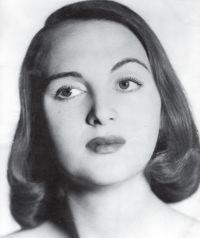

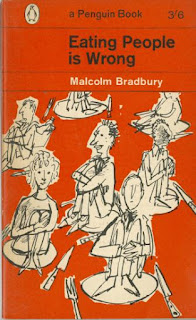
Comments